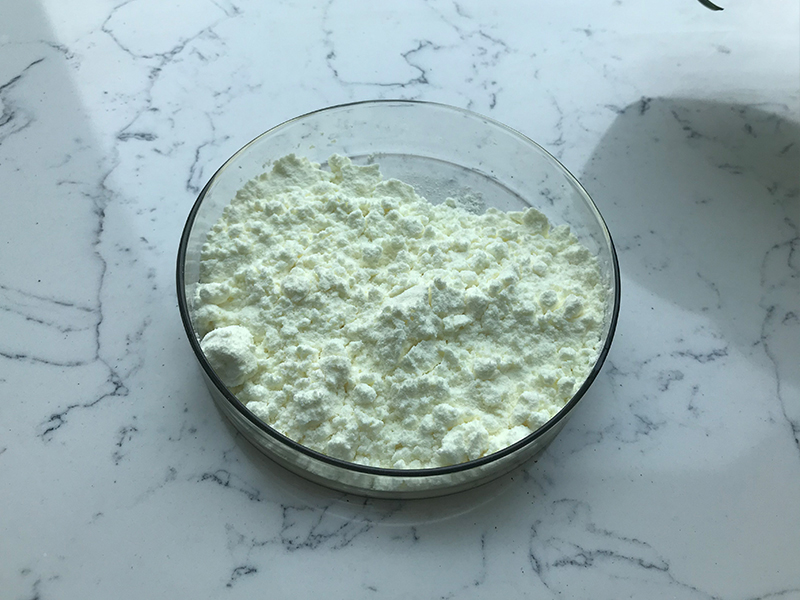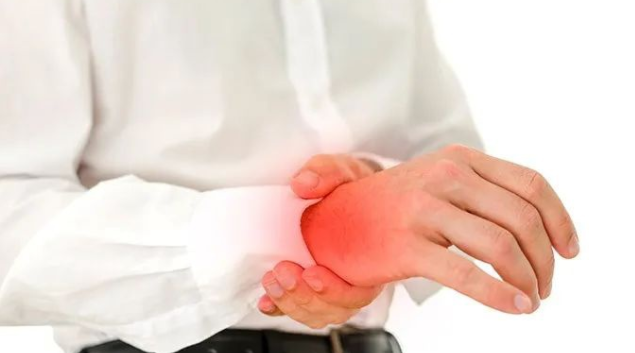Vitamin K2 is a nutrient that is often missing from our daily diet. While the role of K2 is not fully understood, research has shown that a deficiency of this vitamin can have profound effects on our health.
What are the benefits of vitamin K2? What is the role of vitamin K2? Do we need K2 in our diet? Foods high in vitamin K2 We are still learning about the health benefits of K2
A study published by the European Prospective Investigation into Cancer and Nutrition (EPIC) showed that increasing the intake of vitamin K2 can reduce the risk of prostate cancer by 35%. (1) The authors noted that K2 was most beneficial for advanced prostate cancer and importantly, vitamin K1 did not provide any prostate benefits.
The findings were based on data from over 11,000 men who participated in the EPIC Heidelberg cohort. It adds to a small but rapidly growing body of science supporting the potential health benefits of vitamin K2 for bone, cardiovascular, skin, brain, and prostate health.
What are the benefits?
Unfortunately, many people are unaware of the health benefits of vitamin K2. Until recently, both the scientific community and the public have underestimated and misunderstood vitamin K.
Vitamin K2 can help you maintain cardiovascular health, improve skin, strengthen bones, and promote brain function. Learn more about this powerful nutrient.
People commonly believe that the benefits of Vitamin K are limited to its role in blood clotting. Another popular misconception is that Vitamin K1 and K2 are just different forms of the same vitamin with the same physiological function.
What foods contain vitamin K2?
Natto, a fermented soybean dish popular in Japan, is the most well-known source of vitamin K2. Eating 15 grams (half an ounce) of natto every day provides all the vitamin K2 (about 200 mcg) you need. However, natto doesn’t always suit the taste of Westerners. Therefore, you can supplement vitamin K2, including MK-7, with other fermented foods. One of my new hobbies is fermented vegetables. It provides beneficial bacteria for your gut, and if you make it using appropriate fermentation agents, you can supplement it with abundant vitamin K.
We have samples of high-quality fermented organic vegetables that we fermented using our proprietary fermentation agent. We were surprised to find that a typical serving of two to three ounces of fermented vegetables contains not only approximately 100 trillion beneficial bacteria but also 500 mcg of vitamin K2.
Note that not all bacteria can produce vitamin K2. For example, most yogurts are virtually devoid of vitamin K2. Certain types of cheeses are rich in vitamin K2, while others are not, depending on the specific bacteria. Although not all fermented foods are high in vitamin K2, some fermented foods do contain abundant vitamin K2, such as natto.
Other fermented foods, such as miso and tempeh, are not abundant in vitamin K2. When I interviewed Dr. Rheaume-Bleue, she pointed out that the highest vitamin K2-containing cheeses are Gouda and brie, which contain about 75 mcg per ounce. Additionally, scientists have found that Edam cheese is abundant in MK-7.

How much Vitamin K2 do you need to supplement?
Although the exact dosage has not been determined, Dr. Cees Vermeer, one of the most authoritative researchers in the field of Vitamin K, recommends adults to consume 45-185 micrograms of Vitamin K2 per day. If you are taking anticoagulants, please use high-dose Vitamin K2 with caution. However, if you are generally healthy and not taking such medications, I recommend taking 150 micrograms per day.
Fortunately, you don’t have to worry about overdosing on K2. Over the past three years, people have experimented with doses as high as 1,000 times the recommended amount, but no adverse effects have been observed (that is, there was no increase in blood clotting tendency). If you have any of the following health issues, you may be deficient in vitamin K2 because these problems are related to the action of vitamin K2:

Do you have osteoporosis? Do you have heart disease? Do you have diabetes?
It is also important to note that if you choose to take vitamin D supplements orally, you need to consume vitamin K2 through food or take vitamin K2 supplements, because they work synergistically, and an imbalance can be harmful to your health. If you don’t have any of these health problems but haven’t been consuming large amounts of the following foods regularly, you are also at a high risk of vitamin K2 deficiency:
An easy-to-read article should be rich and comprehensive, with detailed paragraphs and specific details. It’s important to note that if you choose to take oral vitamin D supplements, you also need to consume vitamin K2 through your diet or by taking a vitamin K2 supplement, as they work in synergy and an imbalance can actually be harmful to your health. If you don’t have any of the health issues mentioned above, but fail to consume large amounts of the following foods on a regular basis, your likelihood of vitamin K2 deficiency is also high:
- Organic grass-fed animal products such as eggs, butter, and dairy
- Certain fermented foods, such as natto or fermented vegetables (preferably using a fermenting agent containing bacteria that can generate vitamin K2)
- Certain cheeses, such as the aforementioned brie and gouda, which are particularly rich in vitamin K2, with 75 micrograms per ounce.
If you’re considering using a vitamin K supplement, there is currently no way to test whether you are deficient in vitamin K2. However, by assessing your diet and lifestyle as described above, you can determine whether you may be lacking this crucial nutrient. In addition to dietary vitamin K2, your best option is a vitamin K2 supplement. MK-7 is the form you should supplement with, as MK-4 is actually synthesized in supplements and not derived from natural food products containing MK-4.
MK-7 is a long-chain, naturally bacteria-derived vitamin K2 that forms during the fermentation process and can provide a variety of health benefits. It stays in your body longer and has a longer half-life, meaning you only need to take it once a day in a very convenient dose.
Finally, it’s important to remember that when taking a vitamin K supplement, you should also consume fat at the same time, as vitamin K is a fat-soluble vitamin and cannot be absorbed without fat.
